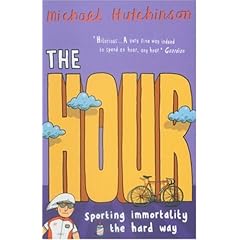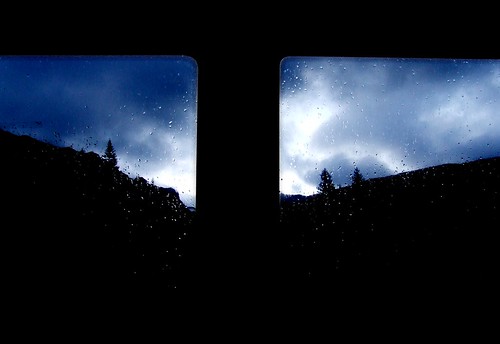 Someone happened to mention to me recently, that angels don't sing. My "that sounds dodgy" antenna went up immediately. I wasn't too sure about that. After all, every Christmas, for as long as I can remember, I gustily sing out the traditional "Sing Choirs of Angels..." from O Come All Ye Faithful and Hark the Herald... You know the rest. But if you look in the bible, that person was right. In fact according to the Bible, the rest of creation doesn't sing either! Declares? Yes. Calls? Yes. But doesn't sing.
Someone happened to mention to me recently, that angels don't sing. My "that sounds dodgy" antenna went up immediately. I wasn't too sure about that. After all, every Christmas, for as long as I can remember, I gustily sing out the traditional "Sing Choirs of Angels..." from O Come All Ye Faithful and Hark the Herald... You know the rest. But if you look in the bible, that person was right. In fact according to the Bible, the rest of creation doesn't sing either! Declares? Yes. Calls? Yes. But doesn't sing. Singing is God's gift exclusively to those made in his image. Every time you put on your MP3 player, whether you're listening to Christian or secular songs, classical or modern, you are hearing an echo of the image of God from the depths of those who are made in their image. Whether they acknowledge it or not. Every time you open your mouth in song, whether you sound like a French horn or a foghorn, you are displaying something unique to the rest of creation.
When we sing, we are displaying/experiencing something of the divine life. And surely it can only be that way, for only humans can experience what it is to be forgiven and saved. Angels don't. Creation doesn't. Greater depths of emotion and experience require greater depths of expression to do them justice. Song is just that - a beautiful union of words and music. The intelligible, united to the ineffable.
So much singing all down history and all over the world has hijacked God's intent for this gift and forced it into the service of sinful and even diabolical ends, but this post isn't a knee jerk call for Christians to burn all of their non-Christian CDs, (although discernment is clearly needed in choosing what you feed your soul with). Rather to ask us all to stop a while and listen with renewed ears. Singing is sacred a gift of God to the souls of men and women, a gift that we can either squander or gratefully use every day to nourish our souls with truth and to have fellowship with the living and true God. A gift that the mighty angels have only ever been able to wonder at, and all the more will they do so, on that great and final day when they hush themselves to listen whilst those who have been redeemed by the living God, sing a new song to Him who sits on the throne and to the Lamb: face to face...

























